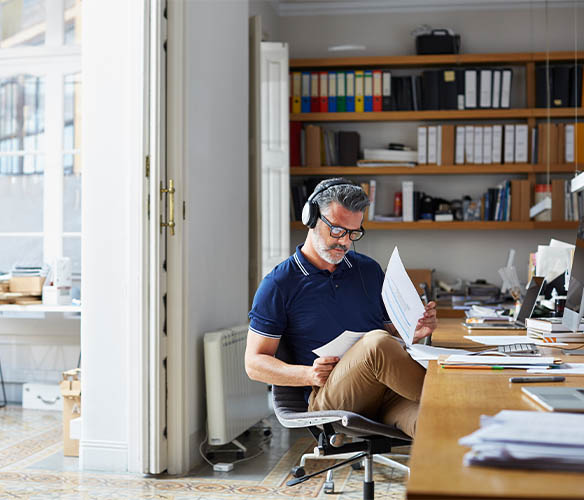Your investment property will ideally meet two key criteria - being affordable for you, and appealing to a wide range of tenants.
Affordability
In the first few years of being a landlord, it's likely your property will be negatively geared, which means it costs more to own the property than it earns in rental income. While this can offer tax savings, you still need to be confident that you can cope with the expenses. Even the best properties experience some periods of vacancy, so you also need to be able to cover loan repayments when the property is not generating income.
Tenant appeal
No matter how affordable a property is for you, it won’t be a successful investment if it doesn't attract quality tenants. Consider properties objectively and think about whether you’d be happy to live there. If you're not sure, prospective tenants are likely to think twice too. See our section on finding the right investment property for more details on enhancing tenant appeal.
Once you have a clear picture of your current position, your personal goals and your ability to afford an investment property, you’re ready to start creating - or adding to - your investment property portfolio!









